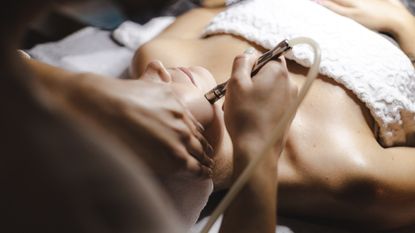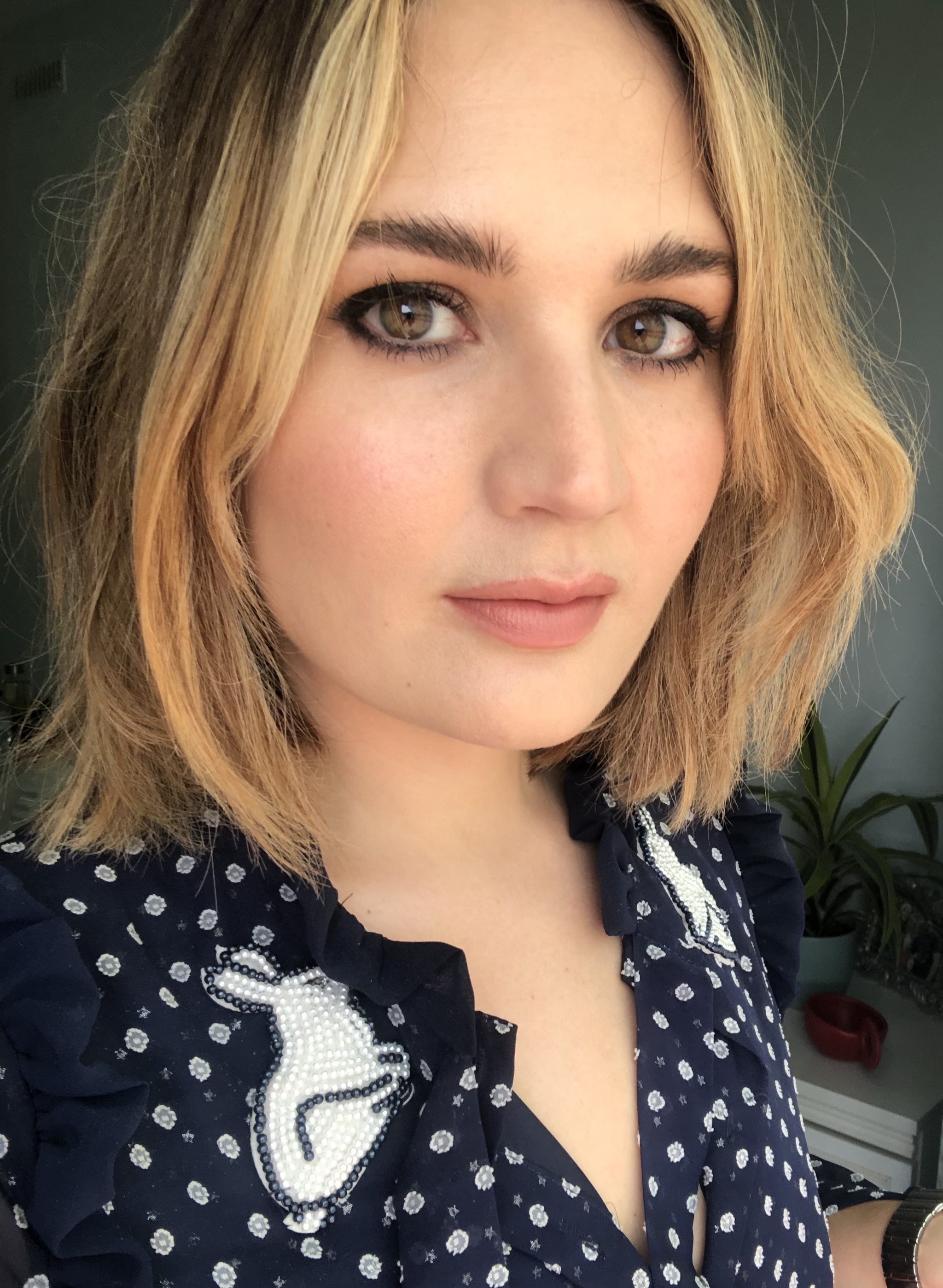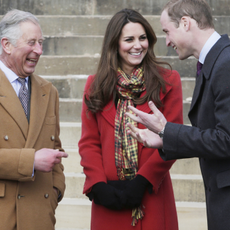Does laser treatment for acne scars really make a difference—and how much does it hurt?
We found out all the things you need to know before you book in


Anyone who's ever suffered from acne for years as I have will know the drill. It starts as a little bump, often throbbing (enter the best acne treatments), then turns into a beast (this is the stage at which I would always make sure I was using a the most effective skincare routine for acne to try to speed matters up).
And while the best spot treatments, best acne face washes, best moisturisers for acne-prone skin and even the best sunscreen for acne in the world might work wonders - what about the aftermath? Because it's one thing to figure out how to get rid of acne, but quite another to make the traces of it having been there disappear. Yep, finding the best acne scar treatment isn't easy.
This is where the experts will often suggest laser treatment for acne scars is the most reliable course of action. As I've still got some stubborn marks remaining from my bouts of acne, I decided to look into the options and ask ALL the questions...
How does laser treatment for acne work?
This depends on which laser treatment you go for. For efficacy, facialist Abigail James says that the best options are "ablative laser or fractional laser," while Sarah Chapman favours "fractional CO2 laser and iPixel." You can also try a non-ablative laser.
See more information on the different types of acne laser treatments below.
Fractional laser treatment for acne scars
Chapman explains that "fractional creates micro-injuries in the skin to stimulate healing and collagen production and reduce the appearance of scarring."
Ablative laser treatment for acne scars
Having ablative laser for acne scars basically means removing a patch of skin with said laser, heating the dermis underneath, and then letting it grow back smoothly.
Marie Claire Newsletter
Celebrity news, beauty, fashion advice, and fascinating features, delivered straight to your inbox!
Non-ablative laser treatment for acne scars
This laser treatment focusses on heating the skin under the outermost layer, prompting collagen regeneration which has the knock on effect of smoothing out and plumping scar tissue.
How can I decide which laser treatment to go for?
This is where you really need an expert opinion - but wherever you decide to go, you should always be invited for an initial consultation to discuss all treatment options to find the right one for you. This is your opportunity to ask any questions you might have regarding the procedure or side effects.
After the initial consultation, you'll be invited to do a patch test before you start treatment. This is likely to be behind the ear or below the jawline, according to Consultant Dermatologist Dr Daniel Glass, and is to ensure you have no adverse reaction to laser treatment.
Does laser treatment hurt?
I wasn't the biggest fan of Dr Glass's answer to this: "Light or laser treatment can cause some discomfort or pain, and following treatment there is often some redness and swelling of the skin."
That said, he assured me that in all likelihood anaesthetic would be applied beforehand. Phew.
How long is the recovery period?
Your recovery depends on the type and intensity of the laser and number of passes across the skin, says Dr Glass, so it varies on a case by case basis. As well as redness and swelling, you may experience some crusting of the skin.
Madeleine Spencer is a journalist and broadcaster who has contributed to titles including Grazia, Glamour, InStyle, The Independent, The Evening Standard, and Stylist, as well as offering commentary for the BBC, Sky News, and ITV.
She is keen on exploring the significance beauty rituals, products, and memories have on people from different walks of life, and enters into conversation on the topic with guests on her podcast, Beauty Full Lives.
-
 Zendaya's reaction to awkward kissing question during Challengers interview has gone viral
Zendaya's reaction to awkward kissing question during Challengers interview has gone viral'Uncomfortable' doesn't begin to cover it
By Iris Goldsztajn
-
 Prince William feels 'immense responsibility' amid Kate and Charles cancer diagnoses
Prince William feels 'immense responsibility' amid Kate and Charles cancer diagnosesHe has a lot on his plate
By Iris Goldsztajn
-
 Taylor Swift just teased a 'timetable' for her new album release
Taylor Swift just teased a 'timetable' for her new album releaseThe wait is torture
By Iris Goldsztajn